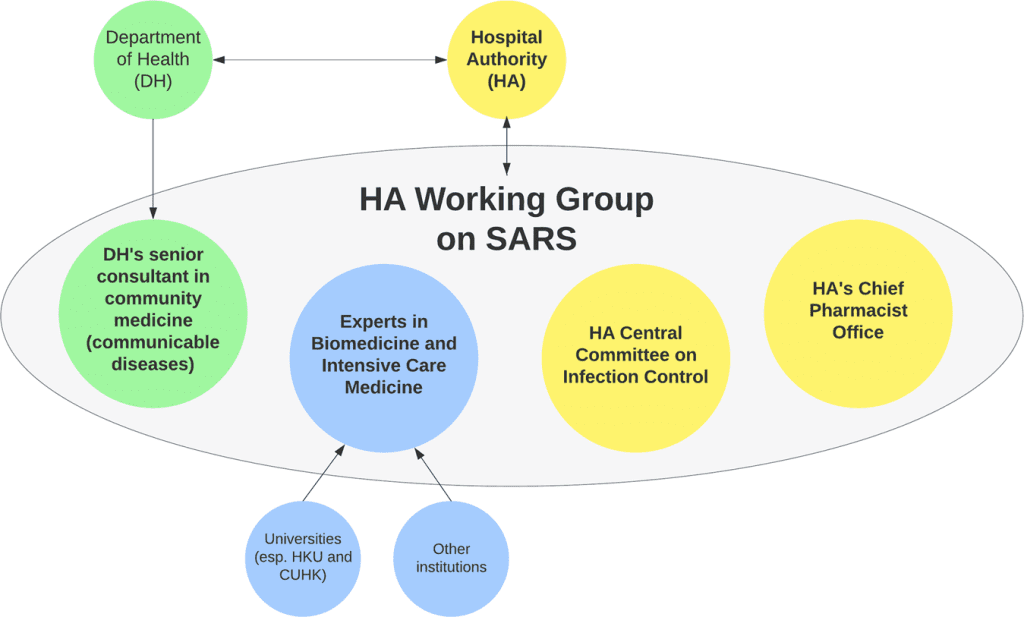|
Getting your Trinity Audio player ready...
|
Governments across Africa have been urged to invest in the data collection capacity of nurses/midwives to facilitate their conduct of research and provide robust data on their contributions to health to make them more visible.
Professor Wu Ying, the Dean of Clinical Nursing College, Capital Medical University, China, and Vice President of the Chinese Nursing Association, said that would unveil the clinical and economic values of nurses and midwives in the healthcare delivery system. She made the call during the opening ceremony of the maiden African Nurses and Midwives Confederation conference in Accra, organised by the Ghana Registered Nurses and Midwives Association (GRNMA).
The five-day conference, which ends on February 24, 2025, saw 17 African countries participating. It is on the theme: “Nurses and Midwives, Fostering Health for all in Africa“. “My research found out that we (nurses) are only making contributions to the healthcare system. We, however, don’t showcase with data our visibility and contributions to the clinical outcomes and the economic benefits,” Prof Wu said.
“The main reason is that nursing is considered as the caregivers and the physician’s assistants are only there to carry out the orders of physicians, but we provide very important interventions that physicians do not provide to the patients.” She said nurses played a core role in primary healthcare by preventing adverse events, ensuring patients’ safety, preventing hospital-acquired infections, aiding vaccination efforts, and fighting pandemics, and disease management, among other things.
“They also play a significant role in tackling Non-Communicable Diseases (NCDs), promote mental health, and serve individuals throughout their entire life cycle, from birth, aging, illness, to death,” Prof Wu noted. Despite the economic contributions of nurses and midwives to the global economy they were challenged with visibility. “Data not locally tested and validated fails to capture the unique contributions of Nursing; the number of limited nurses could generate concrete, precise data, which directly links nurses to better healthcare outcomes and economic benefit,” she added.
For governments, healthcare outcomes were important; however, they prioritised economic development more importantly, hence the need to speak their language to raise nurses’ and midwives’ visibility, Prof Wu said. To enhance nursing and midwifery visibilit, she said there was the need to develop PhD nursing education programmes, set up national research training programmes, provide simple and well designed data collection tools for nurses, and leverage digital and AI technologies for data collection.
Dr Frank Lule, the World Health Organisation (WHO) Country Representative, said as of 2022, the number of nursing professionals in the African region increased to about 17 per 10,000 people. That Reflected a growth of 7.9 per cent over 10 years. The midwifery density doubled to roughly three per 10,000 people. “The group works at tripling the doubling, yet a lot of work needs to be done because the SDG target of 44.5 per 10,000 has not been achieved,” he said.
Dr Lule said despite the challenges and the disproportionate representation of nurses, they must look at the opportunities available and be more innovative in their work. He said investing in the upcoming generation of nurses and midwives was crucial to having a firm ground to develop the profession. The WHO Country Representative advised countries to let the confederation conference serve as a call to action, urging the African nurses and midwifery to overcome existing challenges and strive for healthier, more equitable future for all people on the continent.
“The confederation should seize this opportunity to assess its achievements, address its challenges, and chart a course that improves the health and well-being of everyone across our community on the continent,” he added. Mr Daniel Oberko, the Regional Secretary, Africa and Arabs, Public Services International (PSI), commended the GRNMA for the conference and pledged the PSI’s support in implementing their strategies. He called on African governments to enforce practical measures to deal with corruption.
Source: GNA


